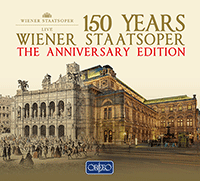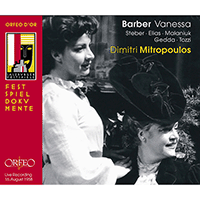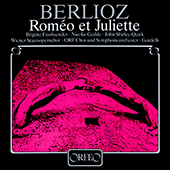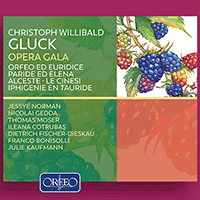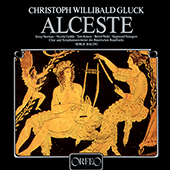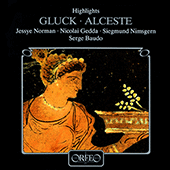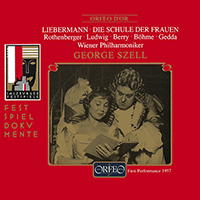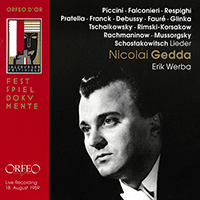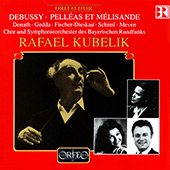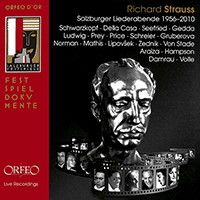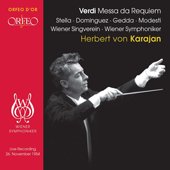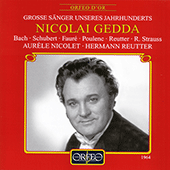Nicolai Gedda
The child of a Swedish mother and half-Russian father, Nicolai Gedda was brought up by his aunt Olga Gedda and his adoptive father Mikhail Ustinov, a cantor in the Russian Orthodox church. From 1929 to 1934 the family lived in Leipzig, where he sang in church and performed Russian songs at weddings and parties. After returning to Sweden and completing his formal education, Gedda was keen to sing opera but was unable to fund vocal study. Instead he worked as a bank clerk, but mentioned his hopes to a customer, an instrumentalist with the Stockholm Opera, who asked Karl-Martin Oehmann, a music teacher who had himself been an operatic tenor, to take Gedda as a pupil. Soon afterwards he won a scholarship to the Stockholm Conservatory, which enabled him to study singing full-time from 1950. (Later he also studied with Paola Novikova in New York).
In 1952 Gedda’s stage and recording careers commenced almost simultaneously. He auditioned for the record producer Walter Legge, who immediately contracted him to EMI, and shortly afterwards made his operatic stage debut in Stockholm with Adam’s Le Postillon de Longjumeau. In the same year, also in Stockholm, he sang the title role in Les Contes d’Hoffmann and the Italian Singer / Der Rosenkavalier.
An audition for Herbert von Karajan resulted in Gedda singing in concerts with this conductor in Turin and Rome; and he made his first appearance at La Scala, Milan as Don Ottavio / Don Giovanni in 1953. This was followed in 1954 by his debuts at the Royal Opera House, London as the Duke / Rigoletto and at the Paris Opera as Huon / Oberon. Three years later, in 1957, he first sang at the Vienna State Opera as Don José / Carmen and made his Salzburg Festival debut, as Don Ottavio.
Gedda first appeared in the USA in 1957, singing Gounod’s Faust in Pittsburgh, and made his Metropolitan Opera debut in the same role in November 1957. During the next twenty-six years he sang twenty-eight roles at the Met and took part in two world premieres (Barber’s Vanessa and Menotti’s The Last Savage).
A permanent fixture on the international opera circuit for a remarkable period of time, Gedda continued to sing well into his seventies. His range of parts was extensive and included the title roles in Berlioz’s Benvenuto Cellini, Pfitzner’s Palestrina, Lohengrin and Pelléas et Mélisande; Alfredo / La traviata, Hermann / The Queen of Spades, Lensky / Eugene Onegin, Nemorino / L’elisir d’amore, Pinkerton / Madama Butterfly and Riccardo / Un ballo in maschera. His vocal range enabled him to tackle some of the most daunting roles in the tenor repertoire, including Arturo / I puritani and Arnold / Guillaume Tell. Later parts included Christian II in Naumann’s Gustaf Wasa at Stockholm in 1991 and Abdisu in Palestrina at Covent Garden in 1997. He continued to record until 2003 (the High Priest / Idomeneo).
An accomplished linguist, Gedda often programmed wide-ranging recitals of French, German, Scandinavian and Russian song. He recorded an extensive repertoire, aided by his excellent sight-reading, and made a speciality of operetta, in which he was extremely popular in the German-speaking countries. His singing was notable for its confident tone, vocal flexibility, expressive richness, and clear sense of style. On stage he presented an elegant figure.
© Naxos Rights International Ltd. — David Patmore (A–Z of Singers, Naxos 8.558097-100).








